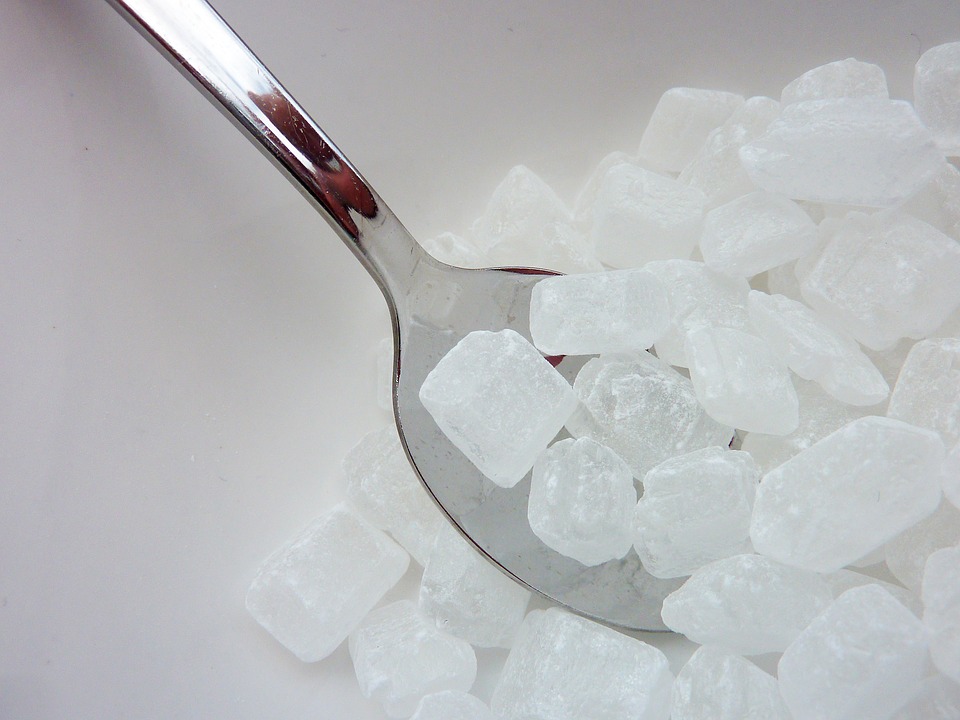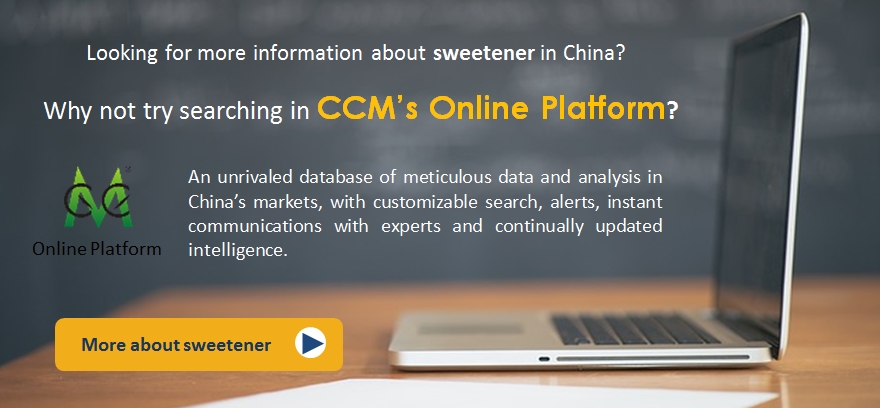The Chinese government is increasing the efforts in
environmental protection. This also includes the enlargement of so-called
pollutant discharge licenses, which will likely have a negative effect on
several Chinese industries, including Chinese sweetener producers. The
measurements come into action because the quality of air and water in many
regions have not achieved the standard value for a long time.

Source:
Pixabay
The main idea of controlling the pollutant discharge are
discharged licenses, that requires mainly manufacturers with pollutant emission
to be licensed until 2020. The goal of the licenses is to reduce and cut
pollution, which will help to achieve the standard value of quality for many
regions again.
Although a pollutant discharge licensing system was in
action before, it turned out as not very effective, due to an impractical
placing of responsibility on organisations and the lack of appropriate supervision
by the environmental protection departments, according to CCM.
The new system is supposed to clear out past vagueness
and will be supervised more strictly. CCM has listed the key measures from the
proposal of November 21, 2016.
First of all, the system changes from an
administrative area pollutant discharge system to a certain organisation
affecting one. The applications for licensing should be done before the actual
project construction, which serves as a reference for the planned regular environmental
checks. It also allows authorities to monitor pollution in advance.
The management of the licensing management requires a
catalogue, created by the environmental protection departments, about the
pollutant discharge. This will be accordingly changed to the different type of
industries and their impact on the environment. The Organisations can then
apply for the license by stating their pollution variety, amounts, and
concentration.
The governmental departments are requested to do
inspections more frequently, according to the pollution emission of companies,
and get the rights to punish blunder with production limitation, suspension,
and shutdown. On the other side, the licensing system encourages organisations
to give themselves stricter pollution limits, which can be regarded by
preferential electricity prices and governmental preference.

This newly implemented license will be the only
permission for organisations to emit any pollution. Every other method will be
illegal. The licenses will be granted for three years in the first place and
five more years after every renewal.
The proposal also states the implementation of an information
platform, where the license applications, verifications, and supervision will
be concentrated and be public visible.
The licensing system has already been implemented for
the thermal power stations and paper producing industry in China, with more
industries to follow soon.
According to CCM, the sweetener industry may be
impacted, too, looking at high pollution manufacturers especially in the high-intensity
sweetener business. These include for example the production of sucralose,
which pollution is unable to be easily biologically degraded.
Looking at the small enterprises, who cannot afford
the treatment equipment necessary for the license and bigger manufacturers with
their production likely being reduced, the whole output of the sweetener
industry in China may decrease the next years notably.

About CCM:
CCM
is the leading market intelligence provider for China’s agriculture, chemicals,
food & ingredients and life science markets.
Do
you want to find out more about the sweetener market in China? Join
our professional online platform today and get insights in Reports,
Newsletter, and Market Data at one place. For more trade information on sweetener
visit our experts in trade analysis to get your answers today.
Tag: Sweetener